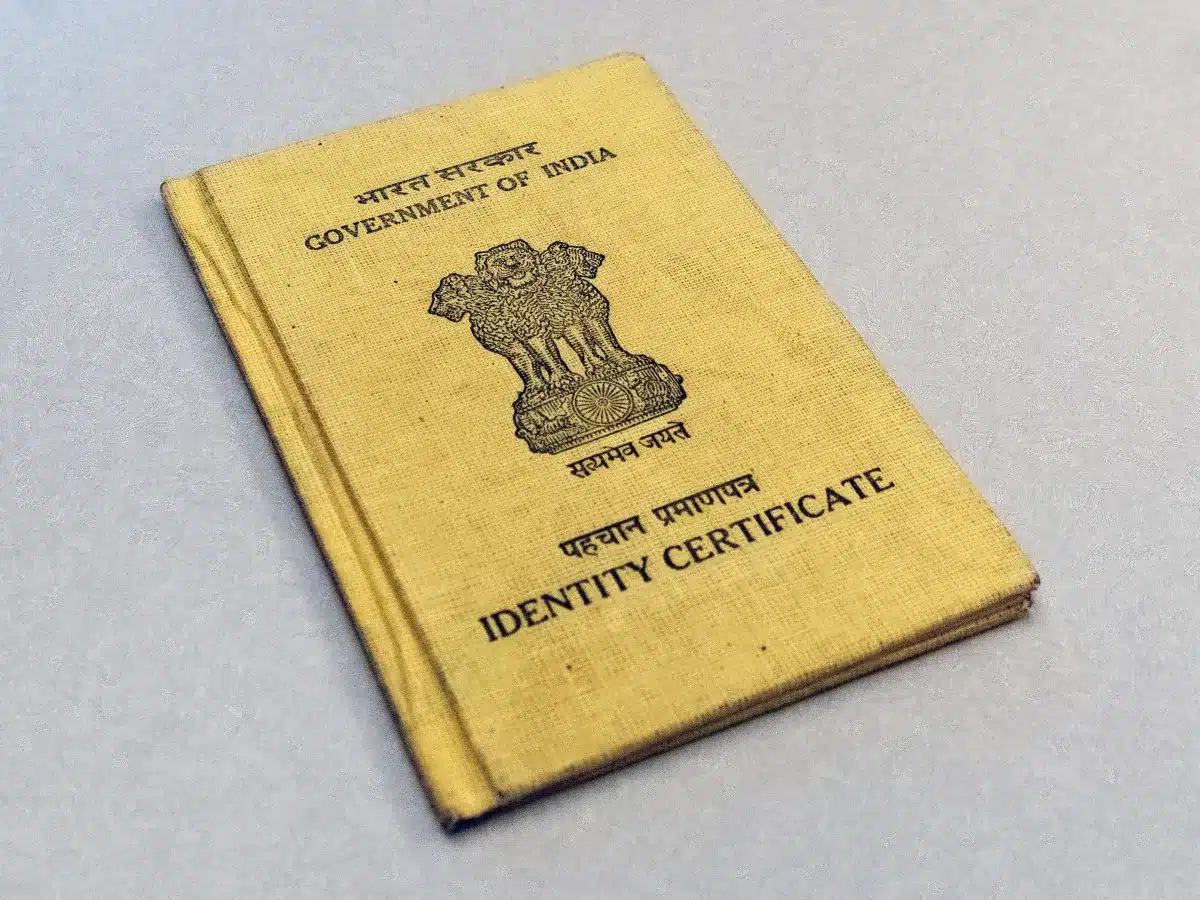‘Stateless’ Individual Battles for Recognition and Citizenship Rights

Bahison Ravindran, a 34-year-old web developer from Tamil Nadu, India, is facing a distressing situation that has left him stateless. Born to Sri Lankan refugee parents, Ravindran believed he was an Indian citizen, supported by his Indian passport and various identity documents. However, a recent police arrest revealed that his passport was deemed invalid due to a legal amendment that affects citizenship eligibility for children born to non-Indian parents. This case highlights the ongoing struggles of thousands of Sri Lankan Tamil refugees in India, many of whom remain in a precarious citizenship limbo.
Legal Complications of Citizenship
Ravindran’s predicament stems from a 1987 amendment to India’s citizenship law, which stipulates that children born in India after July 1, 1987, must have at least one Indian parent to qualify for citizenship by birth. Since both of Ravindran’s parents are Sri Lankan refugees who fled to India during the civil war, he does not meet this criterion. Despite being born in India in 1991, he was unaware of this legal stipulation until his recent arrest. Following this revelation, he promptly applied for citizenship through naturalization, a process that could take time and is fraught with uncertainty.
The plight of Ravindran is not an isolated incident. There are over 22,000 individuals in India who, like him, were born to Sri Lankan Tamil parents after the 1987 law was enacted. Many of these individuals have lived their entire lives believing they were Indian citizens, only to discover that their status is not recognized by the government. This situation raises significant concerns about the legal rights and protections afforded to refugees and their descendants in India.
The Refugee Context
The issue of citizenship for Sri Lankan Tamils in India is complex and deeply rooted in historical context. More than 90,000 Sri Lankan Tamils reside in Tamil Nadu, having sought refuge from the violent civil conflict in their homeland during the 1980s. Many chose Tamil Nadu due to its cultural and linguistic ties to Sri Lanka. However, India is not a signatory to the 1951 UN Refugee Convention, which complicates the legal status of these refugees. The Indian government often classifies them as illegal migrants, further marginalizing their plight.
The 2019 Citizenship Amendment Act (CAA) has also added to the challenges faced by Sri Lankan Tamils. While the CAA aims to expedite citizenship for persecuted non-Muslim minorities from neighboring countries, it explicitly excludes Tamils from Sri Lanka. This exclusion has left many feeling abandoned and without recourse to legal citizenship, despite their long-standing presence in India.
Ravindran’s Legal Battle
Ravindran’s legal troubles began when he applied for a new passport to include his spouse’s name. Despite initially receiving a passport after police verification, the Foreigners Regional Registration Office later flagged his application due to his parents’ Sri Lankan origins. This led to his arrest on charges of cheating and forgery, leaving him in custody for 15 days before being released on bail. Fearing further legal repercussions, he approached the Madras High Court, which has temporarily halted any coercive actions against him until the next hearing.
In court, Ravindran expressed his disbelief at being labeled a “stateless person.” He has lived in India his entire life and has only visited Sri Lanka once, for his wedding. His case underscores the emotional and legal turmoil faced by many Sri Lankan Tamils in India, who have long sought recognition and stability in their adopted homeland. As he awaits the court’s decision, Ravindran remains hopeful that his situation will be resolved favorably.
Future Prospects for Refugees
The future for Sri Lankan Tamils in India remains uncertain, with many still grappling with their citizenship status. Political parties in Tamil Nadu have made promises to address these issues, but tangible solutions have yet to materialize. The recent granting of citizenship to a few Sri Lankan Tamils, including K Nalini in 2022, offers a glimmer of hope, but the process remains slow and fraught with challenges.
As Ravindran continues his legal battle, he represents the broader struggle of thousands who seek recognition and rights in a country they have always called home. His story serves as a reminder of the complexities surrounding citizenship laws and the need for compassionate policies that acknowledge the realities faced by refugees and their descendants.
Observer Voice is the one stop site for National, International news, Sports, Editor’s Choice, Art/culture contents, Quotes and much more. We also cover historical contents. Historical contents includes World History, Indian History, and what happened today. The website also covers Entertainment across the India and World.
Follow Us on Twitter, Instagram, Facebook, & LinkedIn

